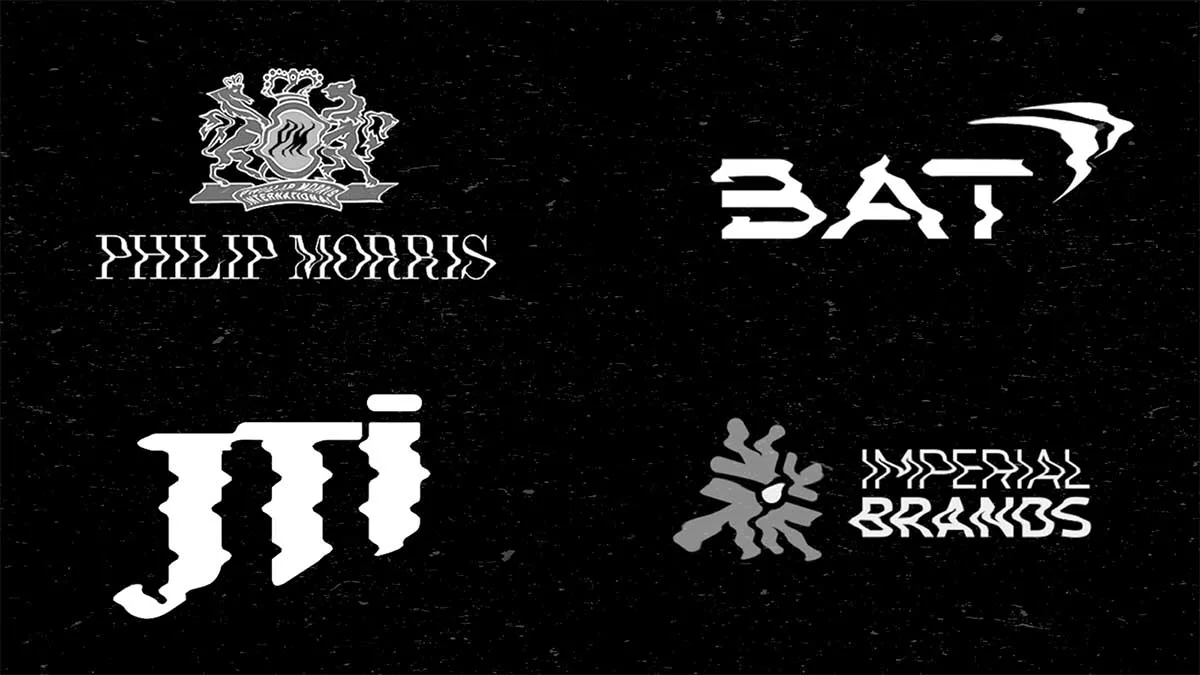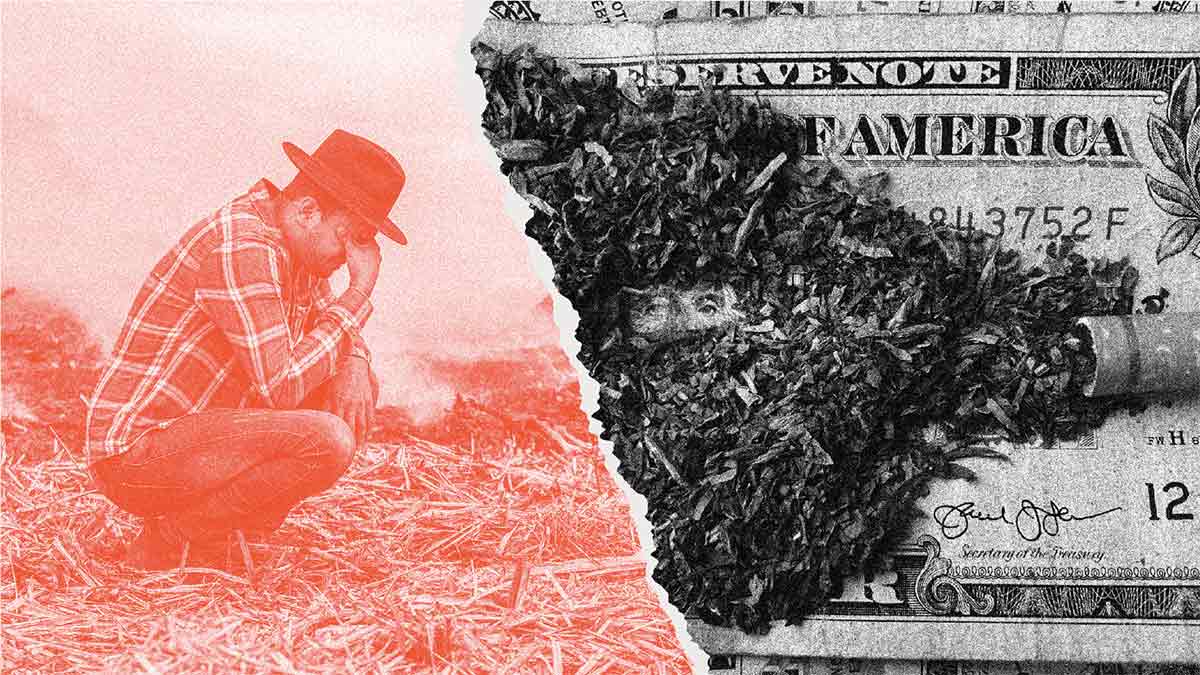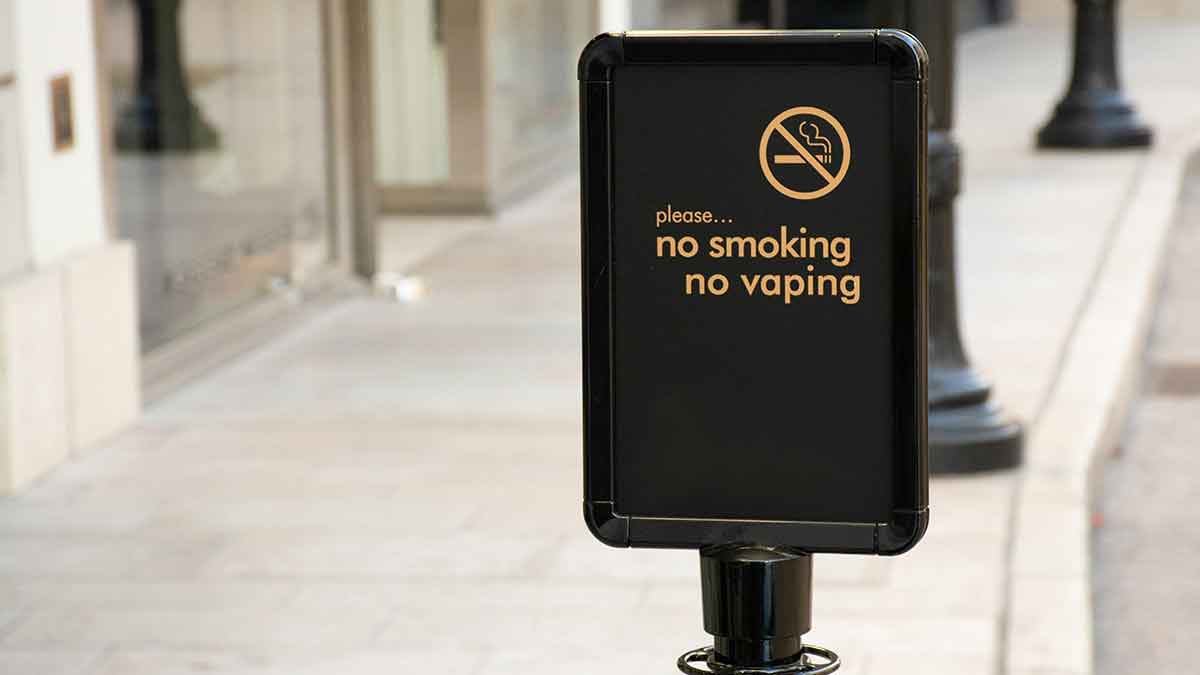- Resources
- News
-
-
Get Email Updates
Sign up for STOP's emails and never miss an update on our latest work and the tobacco industry's activity.
-
Get Funding
Ready to tackle industry interference? You could be eligible for a grant.
-
Share a Tip
Do you have information on tobacco industry misconduct in your country? Let us know.
-
Get Email Updates

Note: In May 2024, FSFW changed its name to Global Action to End Smoking.
As another unprecedented and challenging year comes to a close, it’s important to remember: Good things are happening.
At times, the tobacco industry may seem too big or powerful to be held accountable for the harms it causes, but a quick look back at recent tobacco control successes proves otherwise. The public and policymakers around the world are taking steps to hold the industry accountable, and, by reducing the industry’s power and influence, are effectively saving lives.
While there’s still plenty of work to do, the partners in STOP are grateful for the progress that’s been made and are hopeful for what the future holds. As we close out another busy year, here’s what we’re celebrating and what we’re looking forward to in 2022 and beyond.
Global tobacco use rates are declining.
Thanks to successful tobacco control measures, the global rate of tobacco use has declined from about 32% in the year 2000 to about 22% in 2020. According to the recently released World Health Organization report, if current tobacco control efforts are sustained, the rate could drop even further to about 20% by 2025.
What we hope to see going forward: Tobacco use rates that continue to fall. Tobacco control laws that include 100% smoke-free space policies and full tobacco advertising, promotion and sponsorship bans, such as the reforms recently approved in Mexico, will keep this trend on the right track. We also hope to see a decline in young people’s initiation of novel products. “Given that the youth population is larger than the smoking population, tobacco control policies focusing on adolescents and young adults will have a significant and lasting impact,” says Nuntavarn Vichit-Vadakan, Chair at the Global Center for Good Governance in Tobacco Control (GGTC).
Some governments effectively protected their policies from tobacco industry interference.
As shown in the Global Tobacco Industry Interference Index 2021, tobacco companies were relentless in their efforts to gain access to decision-makers and sway policy to the industry’s commercial benefit—even during a global health crisis. But several governments enacted important measures to stifle this intended interference, including limiting interactions between government officials and the tobacco industry and refusing donations that could have left governments indebted to tobacco companies.
What we hope to see going forward: More countries enacting stronger measures to protect health policies from the industry’s influence. In addition to implementing Article 5.3 of the Framework Convention on Tobacco Control, countries can look to progress that was made in 2021 for inspiration: “After a report revealed the extent to which Big Tobacco lobbied the European Commission, new transparency measures were implemented to prevent this kind of influence in the future,” says Jorge Alday, Director at Vital Strategies. And with respect to the pandemic, “2021 ends with a ray of hope—a declaration that urges governments to include tobacco control in COVID-19 recovery plans was adopted at this year’s Conference of the Parties,” adds Debby Sy, Head of Global Public Policy and Strategies at GGTC.
Whistleblowers came forward to share important evidence suggesting tobacco industry misconduct.
New reports by STOP, in conjunction with the BBC and the Bureau of Investigative Journalism, as well as the Organized Crime and Corruption Reporting Project, shone a spotlight on potentially illegal business activity by British American Tobacco (BAT) across Africa. Two former BAT employees bravely blew the whistle on the company’s alleged misconduct and were recently honored for doing so.
What we hope to see going forward: More whistleblowers coming forward throughout the industry. Misconduct or unethical business practices have been documented or suspected in the growing, manufacturing and marketing of tobacco. “Whistleblowers are invaluable. When researchers have access to ‘insider information,’ we can get a more complete picture of the industry’s tactics and better hold it accountable,” says Andy Rowell, Research Fellow at the University of Bath’s Tobacco Control Research Group.
Publications took measures to keep misinformation out of their journals.
A common tactic of the tobacco industry is to fund seemingly independent research that often ends up aligning with the industry’s own objectives. To prevent the spread of industry-linked misinformation, the International Journal of Environmental Research and Public Health canceled plans for a special issue led by the Foundation for a Smoke-Free World (FSFW) (which is solely funded by Philip Morris International [PMI]), and Drugs and Alcohol Today issued “expression[s] of concern” to all nine FSFW-linked articles in its special issue.
What we hope to see going forward: More publications adopting a policy of not accepting industry-funded content. For example, Nicotine & Tobacco Research actively preempted industry-linked papers in a call for submissions. It is also crucial for events held through media outlets to take a stand against industry sponsorship, and not give industry executives a platform. For example, in response to public outcry and speaker concern, Nikkei returned Philip Morris Japan’s sponsorship for its Future of Asia conference and PMI’s CEO did not participate as a speaker. Emma Green, The Union’s Senior Program Manager for STOP, says, “We’re seeing, time and time again, people refusing to facilitate PMI’s ‘part of the solution’ narrative. It’s an important step in blocking PMI executives from taking global platforms.”
Young people became active in advocating against tobacco sponsorship in Formula One.
Two STOP reports have exposed the extent to which BAT and PMI increasingly use F1 team sponsorship to advertise their company and product brands to young people around the world. In response, International Youth Tobacco Control wrote open letters to the sport’s governing body and its prospective new leaders asking when tobacco sponsorship in F1 would finally be fully banned.
What we hope to see going forward: More young people speaking up against being targeted by the tobacco industry. This doesn’t just pertain to young tobacco control advocates. “We can also look forward to more high-profile institutions holding the tobacco industry to account, such as anti-corruption groups that focus on tobacco corporate social responsibility and lobbying, and human rights activists who protect labor rights and expose child labor,” says Mary Assunta, Head of Global Research and Advocacy at GGTC.
These successes offer hope that things are moving in the right direction. With continued work to advance tobacco control around the world, societies will become stronger, health systems less burdened and countless lives will be saved. Here’s to a productive 2022 and beyond!


